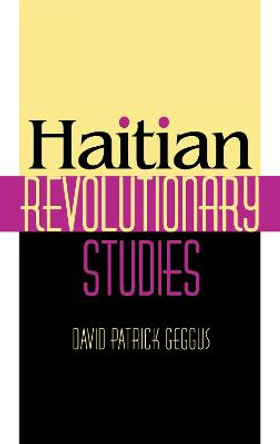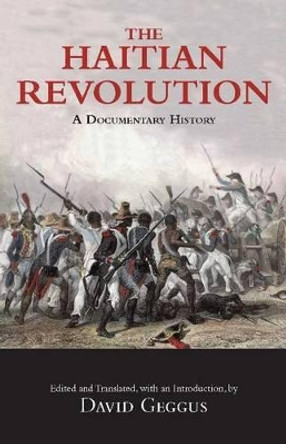Description
In January 1804, the once wealthy colony of Saint-Domingue declared its independence from France and adopted the Amerindian name "Haiti." Independence was the outcome of the extraordinary uprising of the colony's slaves. Although a central event in the history of the French in the New World, the full significance of the revolution has yet to be realized. These essays deepen our understanding of Haiti during the period from 1791 to 1815. They consider the colony's history and material culture; its "free people of color"; the events leading up to the revolution and its violent unfolding; the political and economic fallout from the revolution; and its cultural representations.
Scholarship on one of the most consequential events in the history of Atlantic slavery
About the Author
David Patrick Geggus teaches history at the University of Florida, Gainesville. Among his books are Slavery, War and Revolution and Haitian Revolutionary Studies (IUP, 2003).
Norman Fiering is author of Moral Philosophy at Seventeenth-Century Harvard: A Discipline in Transition and Jonathan Edwards's Moral Thought and Its British Context. Fiering is past director and librarian of the John Carter Brown Library.
Reviews
[A] rich sample of recent work on colonial and revolutionary Haiti, and on the revolution's impact in the broader Atlantic world, in a format both accessible to a wide academic audience and of import and interest to specialists.vol. 85 no. 1 & 2 (2011)
* New West Indian Guide *Eighteen articles range from studies about Saint-Domingue on the eve of the 1791 slave insurrection to the transition from emancipation to the permanent break with France in 1804, and, finally, to the reverberations of the island's events upon other slave societies and upon fiction, the fine arts, and the craft of history. . . . Highly recommendedJanuary 2010
* Choice *Book Information
ISBN 9780253220172
Author David Patrick Geggus
Format Paperback
Page Count 440
Imprint Indiana University Press
Publisher Indiana University Press







